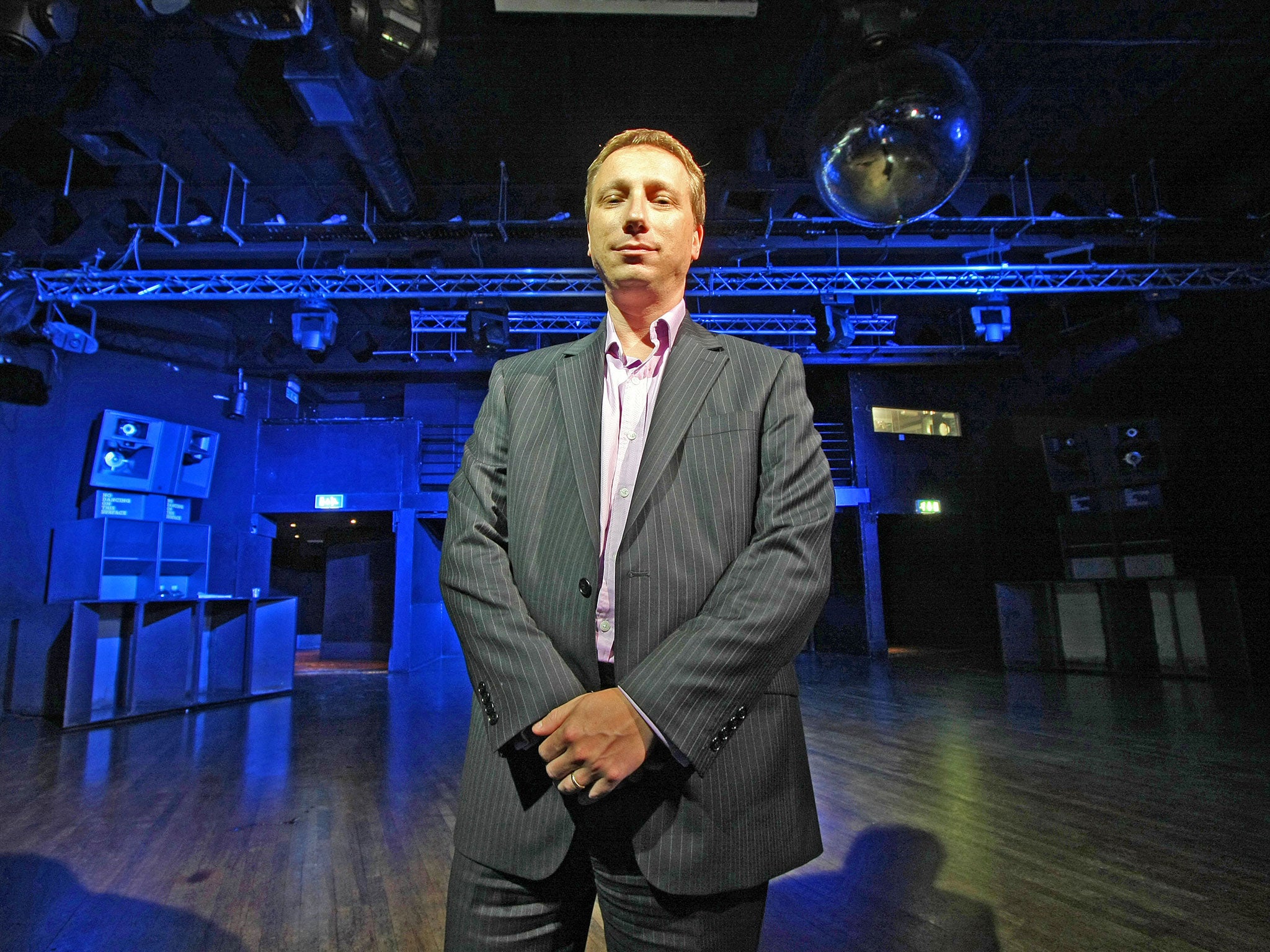Lohan Presencer: Chief Executive of Ministry of Sound says tuition fees among several factors that led to decline of UK nightclubs
There were 3,144 nightclubs open in 2005, compared to 1,733 in 2015

The rise of tuition fees are among several factors that have led to a decline in the amount of people going to nightclubs, according to the Chief Executive of Ministry of Sound.
He made the remarks in a documentary for BBC Newsbeat called ‘Where Have all the Clubs Gone?’
Lohan Presencer said: “With the advent of later pub opening hours, the smoking ban, student tuition fees and the squeeze that a lot of people are under financially since the recession, I think people are finding different ways and different places to go out and so what that’s meant is a lot of the bigger venues have shut down.”
The Association of Licensed Multiple Retailers (ALMR), the body which represents a number of nightclubs has said that almost half of the UK’s nightclubs have closed over the last ten years. There were 3,144 nightclubs open in 2005, compared to 1,733 in 2015.
In Brighton alone, a city renowned for its nightclub culture, there were 48 clubs in 2000. However a steady decline over the years left the figure at 22 in 2014, according to figures from the ALMR and CGA strategy.
The President of the University of Sussex’s Student Union, Abraham Baldry said: “Students are more conscious that they have a lot of debt and so are more concerned about spending money. So I wouldn’t be surprised if that’s why they’re going clubbing less.”
“In cities around the UK, the cost of living is excessive so students are more and more money conscious. But students aren’t just obsessed with going to parties, some students aren’t interested and are interested in studying, believe it or not.”
Adrihani Rashid, President of Goldsmiths, University of London’s Student Union said: “We've seen a decline in the amount that students spend in SU bars, and student unions across the country are shutting down their bars as a result of this trend. Students simply don't have money to spend on alcohol anymore.”
“However, there are various other factors that contribute to this decline in student alcohol consumption. Recent reports cite factors such as the increased diversity and the changing demographic of the student body (such as religion, ethnicity, age, and financial background) that all affect how much students can or are willing to spend on alcohol, particularly in today's financial climate."
An ALMR spokesperson said: “Our nightclubs are worth investing in. They nurture up and coming creative talent and liven up urban spaces. Is it not odd that our nightclub culture is often celebrated in the arts world while they increasingly disappear in the real world?”
The ALMR also attributed the closure of some nightclubs to other factors including the institutions being “suffocated by overly restrictive planning laws and tax levies… [and] new town centre residential developments mean people can complain about noise from often long established venues and licenses can be restricted or revoked”.
Subscribe to Independent Premium to bookmark this article
Want to bookmark your favourite articles and stories to read or reference later? Start your Independent Premium subscription today.

Join our commenting forum
Join thought-provoking conversations, follow other Independent readers and see their replies